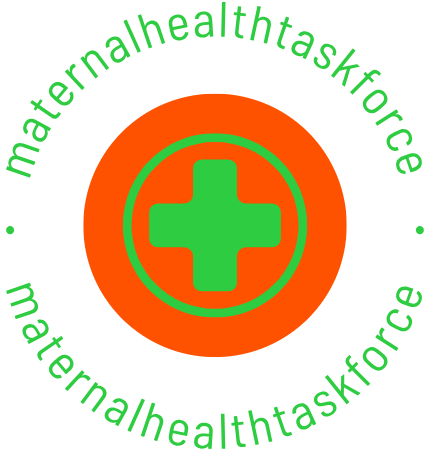Breastfeeding offers numerous advantages for both mother and baby. While it is well known that breastfeeding benefits a baby’s health, there are also important maternal health benefits of breastfeeding. These benefits impact the mother’s physical and emotional well-being, making breastfeeding a key part of postpartum care.

Physical Health Benefits for Mothers
One of the significant maternal health benefits of breastfeeding is its positive impact on a mother’s physical health. Breastfeeding can help a mother recover faster after childbirth and promote long-term health benefits.
- Uterus Contraction: Breastfeeding stimulates the release of oxytocin, a hormone that helps the uterus return to its pre-pregnancy size. This can reduce postpartum bleeding and speed up recovery.
- Reduced Risk of Certain Diseases: Mothers who breastfeed have a lower risk of developing breast and ovarian cancer. Research shows that the longer a woman breastfeeds, the greater her protection against these diseases.
- Improved Heart Health: Studies have shown that breastfeeding may lower a mother’s risk of high blood pressure and heart disease.
These physical health benefits highlight the importance of breastfeeding for maternal well-being.
Weight Loss After Pregnancy
Another important maternal health benefit of breastfeeding is the potential for weight loss after pregnancy. Producing breast milk requires energy, and this can help mothers lose the extra weight gained during pregnancy.
- Calorie Burning: Breastfeeding burns extra calories, which can help mothers shed postpartum weight more easily.
- Natural Fat Utilization: The body uses stored fat to produce milk, helping mothers return to their pre-pregnancy weight.
While weight loss should not be the primary focus, the natural calorie burn from breastfeeding can be an added bonus for many mothers.
Emotional and Mental Health Benefits
In addition to physical benefits, there are emotional and mental maternal health benefits of breastfeeding. Breastfeeding promotes bonding between mother and baby and has a calming effect on both.
- Reduced Stress and Anxiety: Breastfeeding releases hormones such as oxytocin and prolactin, which can promote relaxation and reduce feelings of stress or anxiety.
- Lower Risk of Postpartum Depression: Some studies suggest that breastfeeding can reduce the risk of postpartum depression. The act of nursing may create a sense of calm and emotional connection, helping mothers feel more positive during the postpartum period.
These emotional benefits play a vital role in a mother’s overall mental well-being.
Convenience and Cost Savings
Breastfeeding also provides practical maternal health benefits. It is convenient and helps mothers avoid the costs associated with formula feeding.
- No Preparation Needed: Breastfeeding allows mothers to feed their babies without needing to prepare bottles or carry formula. This convenience can reduce stress, especially during the night or when traveling.
- Cost-Effective: Since breastfeeding is free, it helps families save money on formula, bottles, and other feeding supplies.
This convenience and cost-saving benefit makes breastfeeding a practical option for many mothers.
Long-Term Health Protection
The maternal health benefits of breastfeeding extend beyond the postpartum period. Women who breastfeed are at a lower risk of developing long-term health issues, such as:
- Type 2 Diabetes: Breastfeeding may help lower the risk of developing type 2 diabetes, especially in mothers who had gestational diabetes during pregnancy.
- Bone Health: Breastfeeding has been shown to improve bone density, reducing the risk of osteoporosis later in life.
These long-term health benefits encourage mothers to breastfeed for as long as possible.
Breastfeeding as a Natural Contraceptive
A lesser-known maternal health benefit of breastfeeding is its role in natural contraception. Breastfeeding can delay the return of menstruation, acting as a form of birth control, especially in the first six months postpartum.
- Lactational Amenorrhea: When a mother exclusively breastfeeds, the body may delay ovulation, reducing the chance of becoming pregnant again too soon. However, this method is not foolproof and should be discussed with a healthcare provider for proper family planning.
This natural contraceptive benefit can be useful for mothers looking to space out their pregnancies.
Conclusion
In conclusion, the maternal health benefits of breastfeeding are vast, affecting both physical and emotional health. From quicker postpartum recovery and weight loss to reduced risk of diseases and emotional well-being, breastfeeding offers numerous advantages for mothers. Additionally, it provides practical benefits such as cost savings and natural contraception. These benefits make breastfeeding an important part of maternal health, encouraging mothers to nurse their babies for as long as possible.










